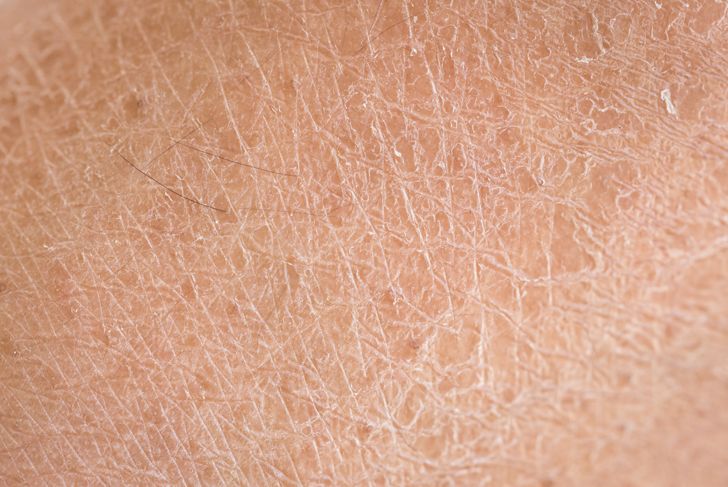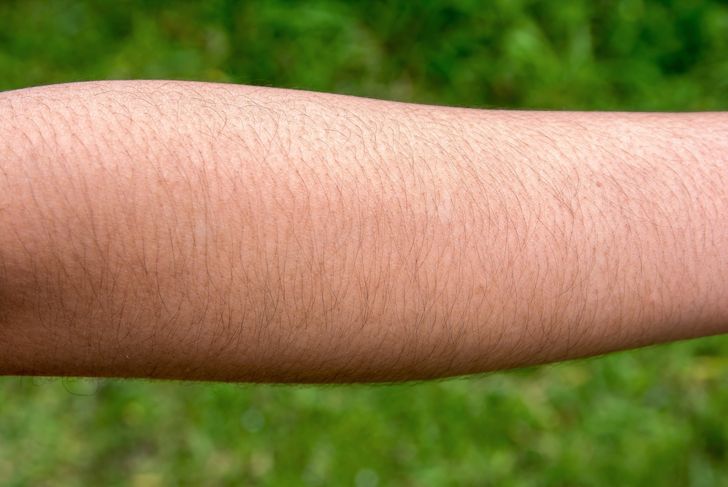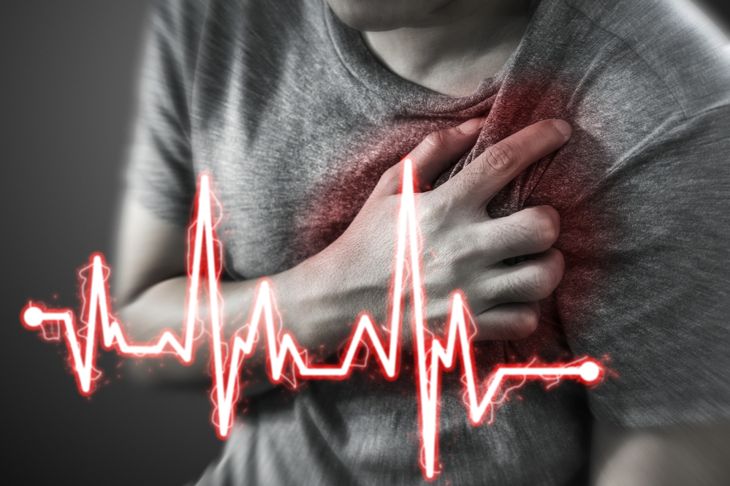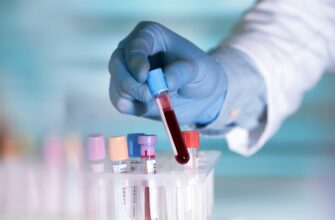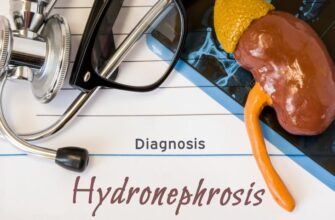Prolactinoma is a medical term that describes the existence of a noncancerous tumor in the pituitary gland in the brain, causing an unusual production of the prolactin hormone. This causes a range of symptoms to develop which can differ for each sex. Some significant changes in the body include changes in sex drive as well as different levels of estrogen and testosterone hormones. Find out the main symptoms and causes of prolactinoma.
Irregular Menstruation
In women, prolactinoma can result in erratic or unusual menstrual cycles. Medically, this is known as oligomenorrhea. Mostly, people with oligomenorrhea will experience very light periods. Moreover, menstruation occurs less frequently, which may also have consequences for conception. Consult your doctor if you notice any changes in your menstrual cycle. High levels of prolactin can disturb the natural rhythm of the reproductive system. Luckily, various treatments aim to bring hormonal levels back to normal. These are potent drugs that require a prescription.
Lower Sex Drive
A possible sign of prolactinoma is a reduced sex drive, which means that your desire to engage in sexual activity suddenly drops. Some people may experience a decreased sex drive over time, and others note a more sudden change. Women are likely to encounter fluctuations of their sex drive, with highs and lows. Factors relating to work, education, and other relevant life events may also affect sex drive. The hormonal changes brought on by prolactinoma can cause a lower sex drive. This can be troublesome and confusing and may have secondary effects such as depression or anxiety.
Galactorrhea
Galactorrhea refers to the abnormal production of nipple discharge in women. It is unrelated to the usual production of milk during the breastfeeding phase after giving birth. Even though this condition isn’t a disease, it can pinpoint towards the existence of an already existing disease. Women – even those who haven’t had children – can experience galactorrhea. In rare cases, men may also be affected, as can infants. Prolactinoma is a common cause of milky discharge, and it is a good idea to schedule an appointment with your doctor if you notice odd changes in your body.
Vaginal Dryness
One of the most irritating and severe symptoms caused by prolactinoma is vaginal dryness. This symptom causes the moisture and lubrication normally present in the vaginal area to reduce or disappear entirely. As a result, vaginal irritation and discomfort may occur. In some cases, a burning sensation accompanied by itching may be noticed. When it comes to sex, vaginal dryness can be a real obstacle. Luckily, this condition is easily treated by taking certain medications or by applying prescribed lotions or other moisturizing treatments. Consult your doctor for a precise diagnosis.
Hirsutism
A particularly unusual symptom that may develop as a result of prolactinoma is hirsutism, which means an excessive amount of body hair. This condition affects both men and women and causes hair to appear where it would otherwise not exist. Some familiar locations which may see hair growth include the chest and chin. Prolactinoma and following hormonal changes are frequently the cause of hirsutism, especially higher androgen hormone levels. Other related symptoms include headaches as well as visual disturbances. In more serious cases, infertility may occur, which is why it’s important to contact your doctor hastily.
Medications
Certain medications may cause prolactinoma. Even though the exact cause of these tumors hasn’t been discovered, it is known that many medicines have the ability to bring significant changes to the brain. Some notable examples include prescription drugs such as Haldol or Risperdal. Even though this gland is very small, it performs an important function that affects the entire body. The hormones it produces are essential for the regulation of blood pressure, for example. Reproduction is also dependent on these hormones. If you notice any suspicious symptoms, contact your doctor.
Age-Related Causes
Age is an important factor that plays a vital role in the development of symptoms. Even though anyone – even infants and children – can develop prolactinoma, it is most common in women between the ages of 20 and 34. Besides women, men can also be affected, even though less than 10% of all cases occur in men. Symptoms aren’t usually dangerous, but can still cause serious damage to the body, meaning that it’s important to seek adequate treatment. Luckily, almost all cases are non-cancerous and can be treated relatively easily.
Pituitary Tumors
In some cases, other pituitary tumors of the pituitary gland may be the cause of prolactinoma. Specifically, such masses may impede the natural flow of dopamine from the brain to the cells that create prolactin. There are a diverse group of tumors that may cause such issues, including ones that cause acromegaly, which occurs in the context of high growth hormone production. Cushing’s syndrome is a related condition that develops as a result of high cortisol. The best way to determine what’s causing your symptoms is a thorough medical examination, including a CT as well as a complete blood test.
Hypothyroidism
Hypothyroidism may be a factor that increases the likelihood of Prolactinoma. Hypothyroidism occurs when the thyroid gland doesn’t create sufficient amounts of the thyroid hormone. This can have several effects on the body, and in some cases, prolactinoma may be related to this condition. To ensure a correct diagnosis, your doctor will proceed by testing for prolactin levels in the blood, as well as thyroid function. This can help to determine the exact cause of your condition. Other ways of examining symptoms include getting an MRI reading, as well as a computerized tomography exam.
Chest Modifications
Any modification to the structure of the chest – including injuries caused by blunt force, as well as diseases which may affect the area – may lead to a higher chance of developing symptoms of prolactinoma, because it is widely believed that chest involvement or modification can lead to an increase in prolactin production in the blood. If you become infected, the main objective of treatment is to normalize prolactin levels, therefore helping to revert to standard pituitary function. In this sense, nipple stimulation may also cause symptoms.

 Home
Home Health
Health Diet & Nutrition
Diet & Nutrition Living Well
Living Well More
More


